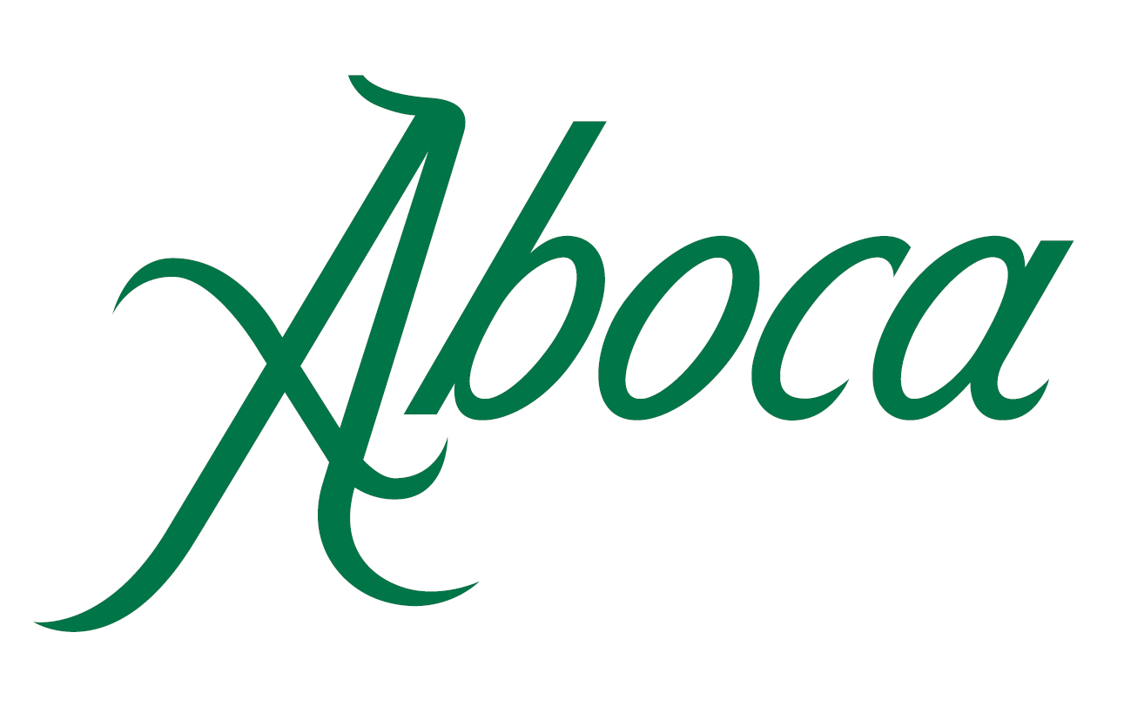

Aboca S.p.A. Società Agricola

Tuscany, Italy
November 2019
Agricultural Processing
Agriculture/Growers
Argentina,
Belgium,
France,
Germany,
Italy,
Poland,
Spain,
United States
We are an Italian healthcare company that makes effective, safe and 100% natural products, based on scientific and clinical evidence and developed through a Systems Medicine approach. Since 1978, we have been re-interpreting the body’s complex pathophysiological mechanisms and researching solutions to human health problems in the complexity of nature. And we are committed to doing this while respecting people and the environment. Our products are manufactured through a vertically integrated system that covers everything from organic farming and scientific research to production, excluding the use of artificial and non-biodegradable substances. The supply chain is supported by selective direct distribution and continuous training for doctors and pharmacists allowing them to bring real value to people, with relationships founded on trust, understanding of the human body and awareness. This is also why we develop a series of cultural initiatives ranging from events and scientific conferences to the Aboca Edizioni publishing house and the Aboca Museum. Through our work, we are committed to bringing about benefit to the community and the environment, this commitment became legally binding in 2018, when we adopted the Benefit Corporation legal form according to the Italian law.
Overall B Impact Score
Governance 15.5
Governance evaluates a company's overall mission, engagement around its social/environmental impact, ethics, and transparency. This section also evaluates the ability of a company to protect their mission and formally consider stakeholders in decision making through their corporate structure (e.g. benefit corporation) or corporate governing documents.
What is this? A company with an Impact Business Model is intentionally designed to create a specific positive outcome for one of its stakeholders - such as workers, community, environment, or customers.
Workers 21.0
Workers evaluates a company’s contributions to its employees’ financial security, health & safety, wellness, career development, and engagement & satisfaction. In addition, this section recognizes business models designed to benefit workers, such as companies that are at least 40% owned by non-executive employees and those that have workforce development programs to support individuals with barriers to employment.
Community 17.3
Community evaluates a company’s engagement with and impact on the communities in which it operates, hires from, and sources from. Topics include diversity, equity & inclusion, economic impact, civic engagement, charitable giving, and supply chain management. In addition, this section recognizes business models that are designed to address specific community-oriented problems, such as poverty alleviation through fair trade sourcing or distribution via microenterprises, producer cooperative models, locally focused economic development, and formal charitable giving commitments.
What is this? A company with an Impact Business Model is intentionally designed to create a specific positive outcome for one of its stakeholders - such as workers, community, environment, or customers.
Environment 60.6
Environment evaluates a company’s overall environmental management practices as well as its impact on the air, climate, water, land, and biodiversity. This includes the direct impact of a company’s operations and, when applicable its supply chain and distribution channels. This section also recognizes companies with environmentally innovative production processes and those that sell products or services that have a positive environmental impact. Some examples might include products and services that create renewable energy, reduce consumption or waste, conserve land or wildlife, provide less toxic alternatives to the market, or educate people about environmental problems.
What is this? A company with an Impact Business Model is intentionally designed to create a specific positive outcome for one of its stakeholders - such as workers, community, environment, or customers.
Customers 9.7
Customers evaluates a company’s stewardship of its customers through the quality of its products and services, ethical marketing, data privacy and security, and feedback channels. In addition, this section recognizes products or services that are designed to address a particular social problem for or through its customers, such as health or educational products, arts & media products, serving underserved customers/clients, and services that improve the social impact of other businesses or organizations.
What is this? A company with an Impact Business Model is intentionally designed to create a specific positive outcome for one of its stakeholders - such as workers, community, environment, or customers.